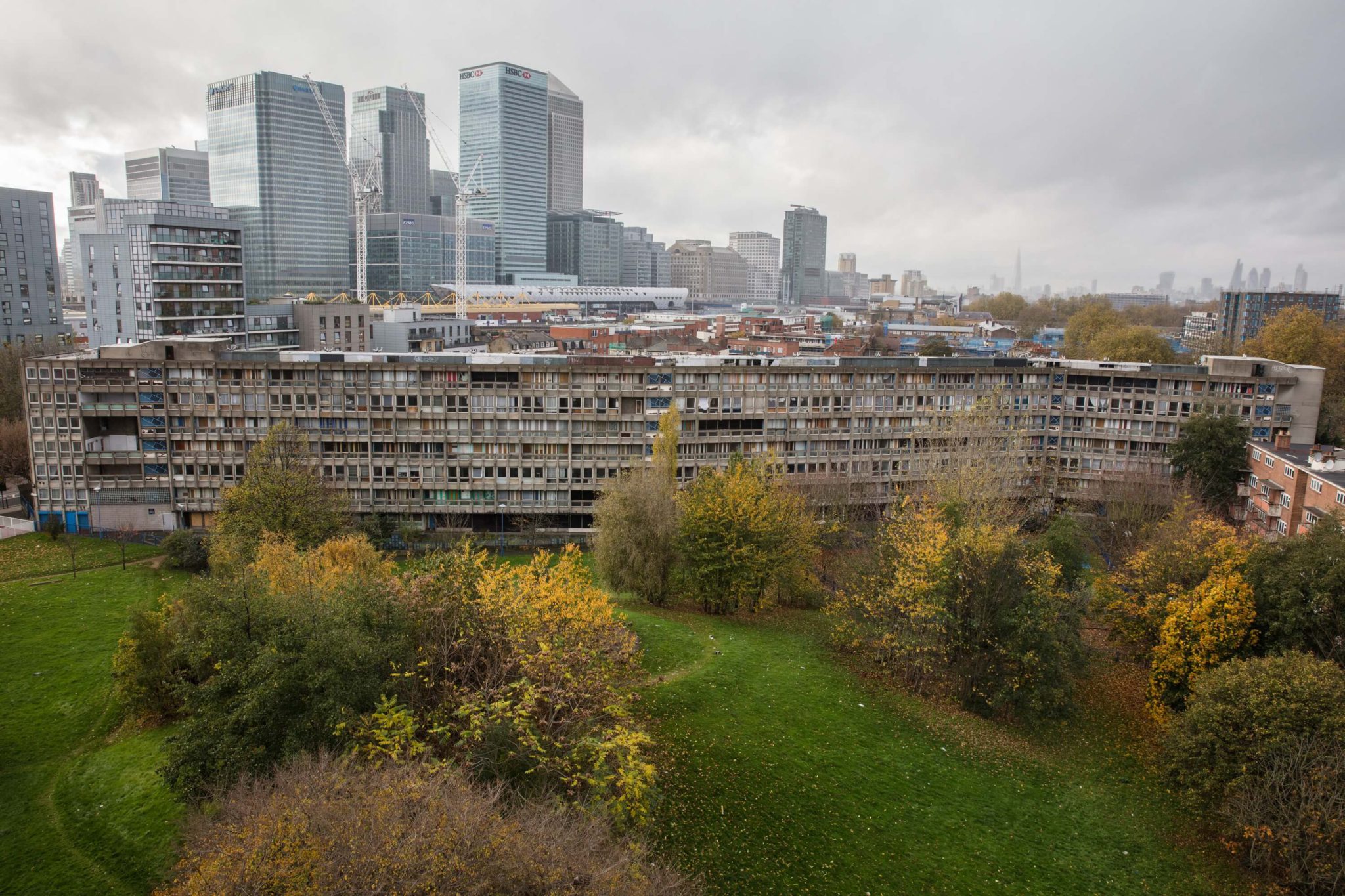
Robin Hood Gardens: Recovering the social
Mon 11 December 2023
19:00 -21:00
The Robin Hood Gardens council estate in east London, completed in 1972, was designed by Alison and Peter Smithson as an ethical and aesthetic encounter with the flux and crises of the social world.
Now half demolished by the forces of speculative development, this Brutalist estate has been the subject of much dispute. But the clichéd terms of debate – a ‘concrete monstrosity’ or a ‘modernist masterpiece’ – have marginalised the estate’s residents and obscured its architectural originality.
Recovering the social in the architectural, this talk explores the ‘deforming forms’ of Robin Hood Gardens, as they were designed by its architects and experienced by its residents. Making use of the Smithsons’ method of the ‘as found’, the talk is immersed in the materials, atmospheres, and social lives of this extraordinary estate.
Nick Thoburn is Professor of Sociology at the university of Manchester. His talk will draw from his recent book, Brutalism as Found: Housing, Form and Crisis at Robin Hood Gardens (2022). He is author also of Anti-Book: On the Art and Politics of Radical Publishing (2016) and Deleuze, Marx and Politics (2003). His book about Robin Hood Gardens is accompanied by an online exhibition with the photographer Kois Miah, at www.brutalismasfound.co.uk

General Info
Venue / Location
The ABA Gallery, EC1 More Info
London
EC1M 6EL
view map
Organiser